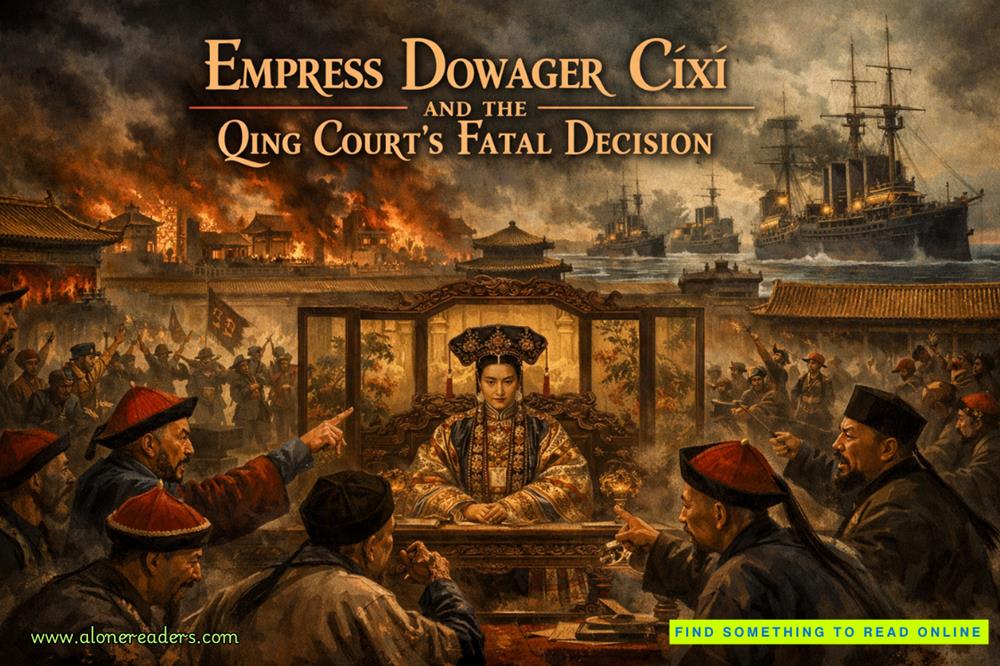He would make her love him again. Not by pleading. Not by pressing. But by reminding her of everything they had once been and everything they still could be.
His mission was set.
Chapter Fourteen
Thursday morning, thecrisp coastal fog enveloped the day in quiet mystery. The door to her father’s study clicked softly behind her. Mary-Ann paused for a moment, letting the hush of the room settle over her. This space had always felt more formal than familiar, lined with ledgers, brass navigation instruments, oil portraits of ships no longer sailing. A place of precision and decisions. Yet now, it felt less like a monument and more like a question.
She crossed to the desk, her fingertips trailing lightly along its edge. The ledger she’d worked through the previous week still sat on the side, its spine facing out. She had returned not for it specifically but because she couldn’t sleep. Because Quinton’s voice still echoed in her mind, and the sight of Rodney’s knowing smile over last night’s dinner haunted her more than she wanted to admit.
She reached toward the desk drawer to retrieve a fresh sheet of paper when her gaze caught on something nestled between a pair of wooden bookends on the shelf above. A small piece of carved whalebone sat unobtrusively beside a sea glass paperweight.
She drew the whalebone down gently.
The bone was smoothed from years of handling, its surface etched with the careful design of a ship’s wheel, just like the one she remembered.
“Wren,” she whispered.
He’d been one of Hamish’s longest-serving men. A quiet sailor, thoughtful more than shy. He rarely spoke in meetings but always brought his reports in early, sometimes tied with twine. Once, he had given her a carved shell, saying the tide left it just for her. He had died months ago of a worsening cough that no one, not even Dr. Manning, had thought was dangerous.
She sat down, the bone still in hand, and pulled the old ledger closer. Her breath slowed as she opened the back cover. The same weight, the same scent, faint salt, ink, time. The pages felt heavier than before. She didn’t need to see more. Not yet.
She rose from the desk and, with the ledger tucked carefully beneath her arm, she crossed the hall and went up the grand stairs to her bedroom.
Inside, the familiar hush wrapped around her like a wool blanket. She shut the door behind her, put the ledger on her desk, and then went straight to the small seam in the wainscoting. Her fingertips easily found the hidden groove. With a gentle push, the panel gave way. She reached into the narrow hollow and pulled free the cloth-bound booklet.
Mary-Ann sat at her desk, opened the booklet, and studied the symbols, marks, and ship names. She found notations that seemed out of place, coded, and impatiently written. Her heart picked up pace as she turned around.
There, peaking over the edge of the top edge of the page, like a bookmark, was something she hadn’t noticed before. A scrap of paper, roughly torn. The ink had bled slightly across the grain. The hand was not Hamish’s.
She read the words once. Then again.
Don’t trust the man with clean hands.
It wasn’t a signature. It wasn’t a plea. It was a warning.
Her breath caught.
She didn’t know the hand, not with certainty. The script was tight and slanted, hurried. Not Hamish’s. Not familiar. But deliberately hidden, like something someone wanted to be found only by the right eyes.
Had he known? Had he tried to tell someone? Had Hamish kept the message, not to hide it, but to preserve it? For her?
She thought of Hamish’s voice, low and steady, reading aloud from shipping logs as if they were scripture. Of nights, she’d curled near the fire while he debated routes with her father over brandy and biscuits. Once, she’d heard them say a name, Galen or Garrity, she couldn’t remember, and her father’s voice had dropped. She hadn’t understood it then. She wondered if she would now.
She sank into the chair at her desk. The paper fluttered slightly in her grasp. She folded the paper once, carefully, and tucked it into the small pocket of her reticule. She would carry it with her and begin asking the right questions until she knew what it meant and to whom it was intended.
She didn’t have answers. Not yet. But she was no longer standing in the dark. She pressed her fingers to the edge of the paper. Not Hamish’s hand. But maybe his intent. He’d died protecting something. Now she wondered if Wren had, too. Not men who shouted or commanded, but men who watched, who carried burdens quietly. She had learned to trust them before she ever understood why. Now she felt their absence like missing stars on a chart. The kind that pointed to something larger.
She returned briefly to the study, the silence there thicker than before. The whalebone still rested where she had left it on the edge of her father’s desk. She didn’t touch it this time, only looked at it long enough to wonder whether her father had ever questioned where it came from or if he simply assumed everything had its place. She stood in the hush of wood-paneled certainty, where numbers and maps told clean stories and feltfor the first time that perhaps this room had never been built for questions.
*
Quinton had alwaysrisen early, but this morning he had been awake long before the first light touched the windows. The house was quiet; the world was still, hushed with a kind of stillness that demanded reflection. He welcomed it.
Kenworth had appeared only briefly, bearing tea and a raised brow. “You’ve been pacing since dawn, my lord. Shall I lay out walking boots or war plans?” He set the tray down with the quiet efficiency of a man long resigned to eccentric masters.
Quinton hadn’t answered at first. His posture was still, but tension coiled at his shoulders like a tether that had been held too long. There was no plan yet. Not one he’d settled on.
He stood now near the window of the guest room with one hand braced against the frame as he looked out over Barrington’s well-kept garden. Beyond it, the town still slept, unaware that a man who had once belonged to it was charting a return.















